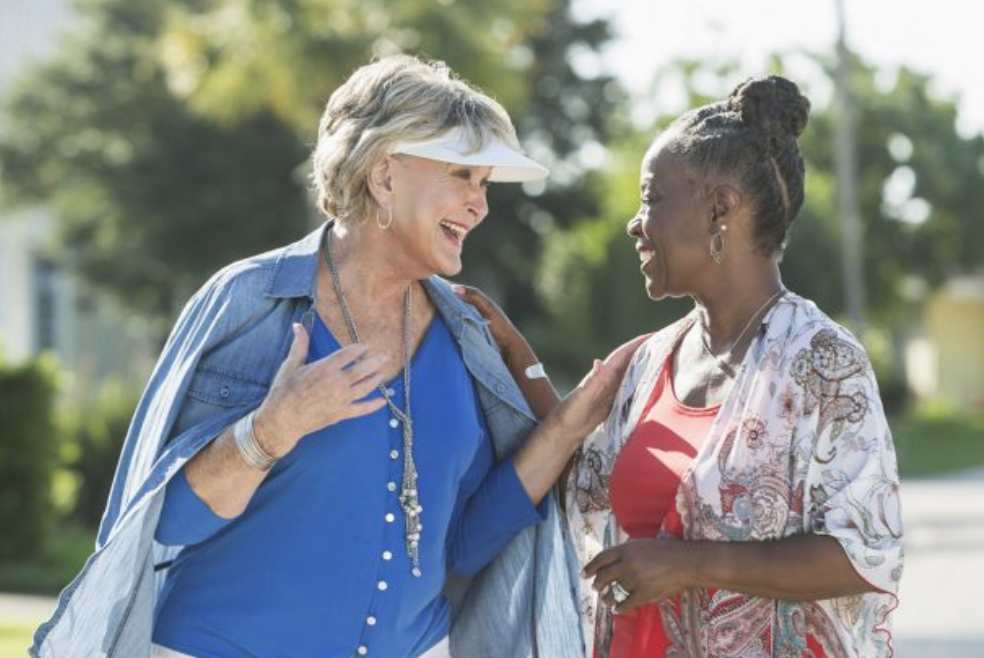
Wrongdoing is a natural part of life. Most people try to avoid it, especially when it comes to their relationships with close friends or family. Hurting someone close to us is altogether undesirable. Unfortunately, it still happens because we are humans and are innately imperfect. Wrongdoing itself isn’t a surprise, but what if the pain of wrongdoing has caught up with people later in life? The weight of this guilt or shame can become a surprise later in life, but it is not too late to seek resolve.
If the weight of guilt starts to replace the peace of retirement life, it may be time to consider making amends and to try righting the wrongs. Psychiatrist Guy Winch states that unresolved guilt is like having a snooze alarm in your head that won’t shut off. “If you had a snooze alarm that never shut off it would be hard to concentrate, as your attention would be constantly hogged by bursts of guilty feelings.” It is time to turn off the alarm rather than to hit snooze again.
Many of us think that making amends is the same as apologizing, but that is a mistake. The mistake is that we can confuse our feelings of guilt for shame. As Guy Winch says: “While guilt makes us feel bad about our actions, shame makes non-apologists [those who have trouble apologizing] feel bad about themselves—who they are—which is what makes shame a far more toxic emotion than guilt.” At that point, one apologizes not because they see their wrong, but because they see it as a reflection of their character — of who they are. Saying “sorry,” then, becomes a way of making one feel better about themself. The goal, however, is not to feel better by feeling sorry, but by admitting one’s wrong in the matter and recognizing how the wrongdoing affected another person. This requires humility — a posture that doesn’t seek to be right in the situation. Your conscience becomes clear when the wrongdoing is recognized only for what it is: wrong.
The last step is initiating contact with the wronged party. This can be an in-person or on the phone conversation — whichever leaves the best chance of making amends. The hope is that the senior and the wronged party can be resolved in their hearts and perhaps move forward in their relationship. Friendships can be rebuilt and love can be restored. As a result, seniors can live a guilt-free life for the rest of their days. It’s not too late to make this happen. It’s not too late to make amends! WellPath Partners is your senior resource referral guide. Follow us on ALL social media platforms and join us weekly for more content and public health discussions.
By: Jonathan Reza
Office Support Specialist at WellPath Partners
B.S. in Philosophy at University of Redlands
M.A. candidate in Philosophy at California State University, Long Beach
